Sandia Laboratories is developing iron nanoparticles as tracer elements to track metastasized cancer tumors…
It’s taken 15 years to devise a way to make iron nanoparticles all the same size, but the rewards could be timeless.
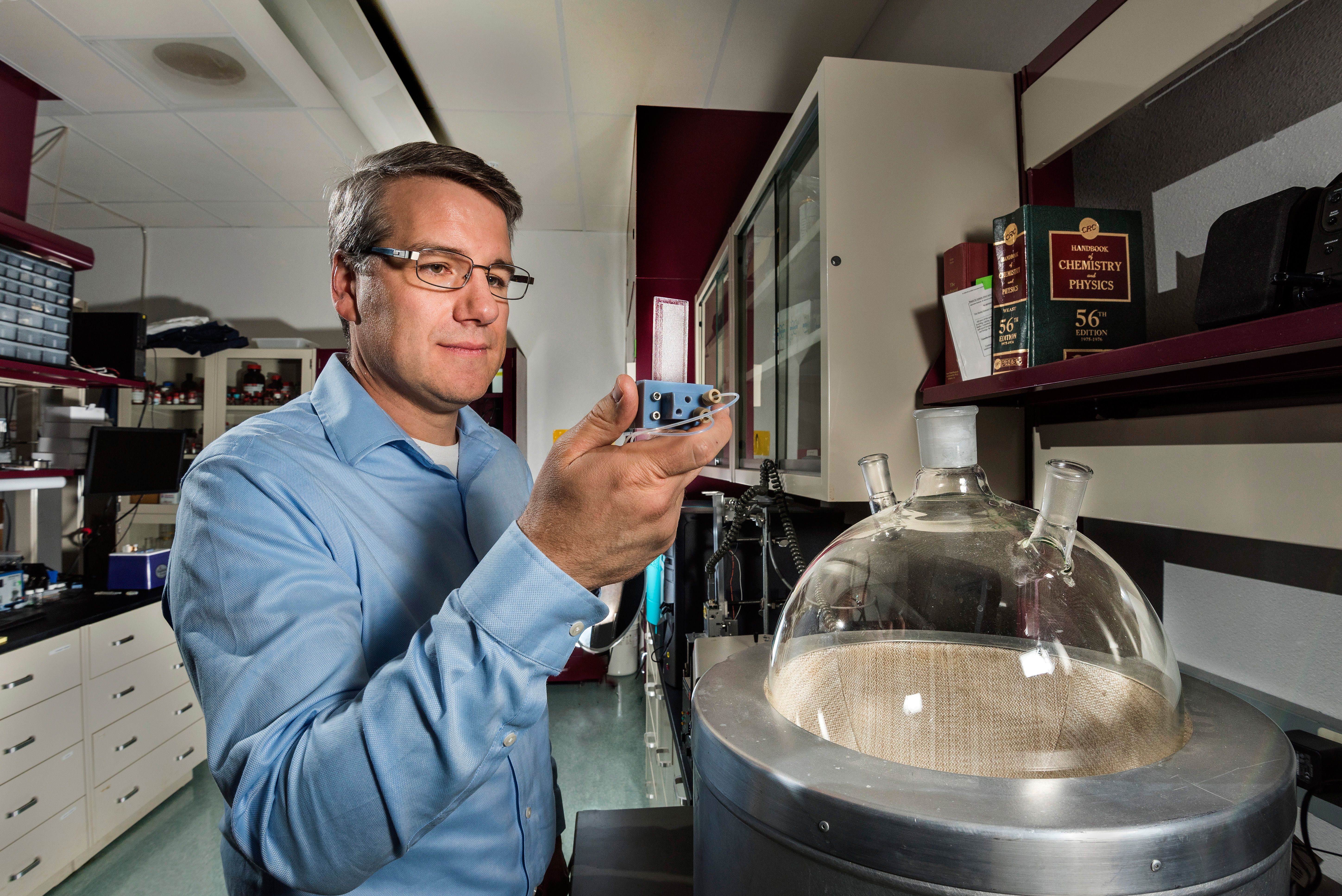

Every three seconds, a person somewhere in the world breaks a bone due to osteoporosis—a progressive disease that decreases bone density, making bones weak and fragile. Osteoporotic fractures greatly reduce quality of life, and immobilization following a fracture can lead to further bone loss which puts these patients at risk for breaking another bone.
When SpaceX CRS-11 launched to the space station last June, it carried 40 mice to the ISS National Lab for a mission aimed at improving treatment for the millions of people with osteoporosis back on Earth. The Rodent Research (RR)-5 mission successfully proved the robustness of a new potential osteoporosis therapy based on a naturally produced protein, NELL-1, and also led to significant improvements in the delivery of the therapy.
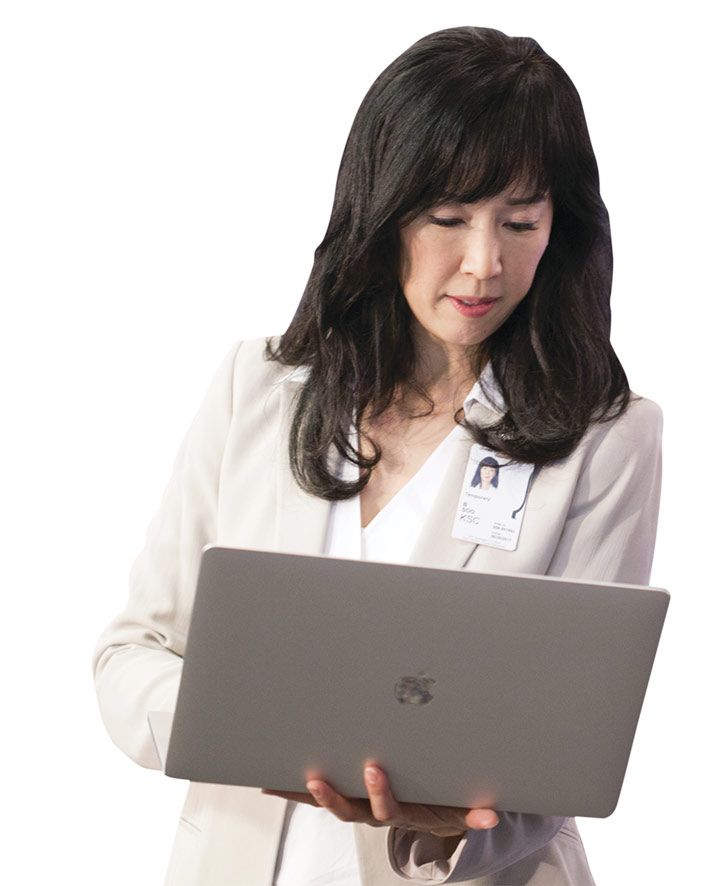

Dreeming big.
Dreem Announces $35 Million Financing from lead investors Johnson & Johnson Innovation and Bpifrance (press release):
“Dreem, a neurotechnology company, today announced the closing of a new round of funding, raising $35 million USD to rapidly accelerate product development, invest in strategic research and development, and advance the future of sleep technology. Last year, Dreem introduced a comprehensive solution to address a suite of sleep problems and enhance the quality of rest during the night. The Dreem headband monitors brain activity to track sleep accurately and uses auditory stimulation as a medium to help people fall asleep faster, get deeper sleep, and wake up refreshed.
With the $35 million investment, led by strategic investor JJDC, Dreem will bring next-generation sleep technology to markets across the globe and continue to invest in R & D for future sleep-related scientific discoveries and technological innovations … Dreem previously raised a total of $22 million, from billionaire French entrepreneur Xavier Niel, entrepreneur and biotech investor Dr. Laurent Alexandre, and one of the top French insurance leaders — MAIF. With additional investment from JJDC and Bpifrance, Dreem has raised nearly $60 million in less than four years.”
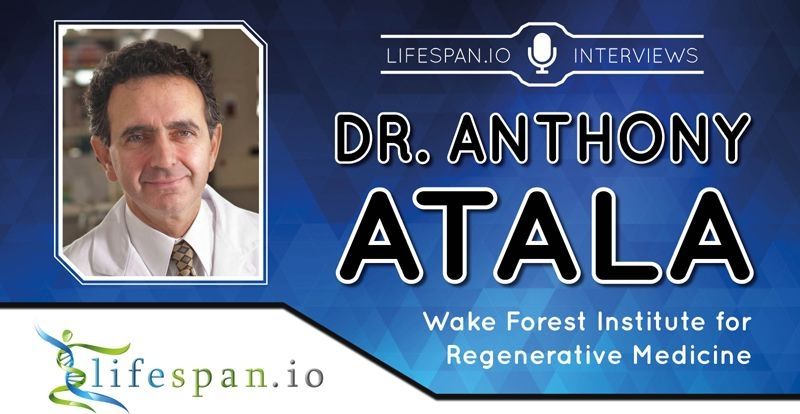
An interview with regenerative medicine luminary Dr. Anthony Atala.
After meeting him at the Astana Global Challenges Summit 2018, we’ve kindly been granted an interview by Dr. Anthony Atala, M.D., Director of the Wake Forest Institute for Regenerative Medicine and the W. Boyce Professor and Chair of Urology at Wake Forest University.
Dr. Atala is one of the most influential names in the field of regenerative medicine and biotechnology. His research focuses on growing human cells and tissues for use in transplants, and given the constant dire need for organ donors worldwide, his work is poised to improve—and save—the lives of millions. He and his team have already successfully engineered and transplanted bladders into living patients, and as he’s told us himself, more types of tissue have been engineered and tested in models; hopefully, they will one day be usable in patients as well.
Dr. Atala’s groundbreaking work has earned him countless awards, prizes, and nominations in well-known magazines, such as Scientific American, Time Magazine, the Huffington Post, and many others; he has also served on the boards and committees of several organizations, such as the National Institutes of Health, the National Cancer Institute, and SENS Research Foundation. A more detailed biography of Dr. Atala can be found here.
July 12th our special one-day biotech and business conference launches in New York City. This event brings together some of the leading experts in aging research and investment and promises to be an action-packed day.
For more information please visit: https://www.eventbrite.com/e/ending-age-related-diseases-inv…5733391806
Video Creator: Jason Shulkin, Motion Graphics Artist. www.jasonshulkin.com
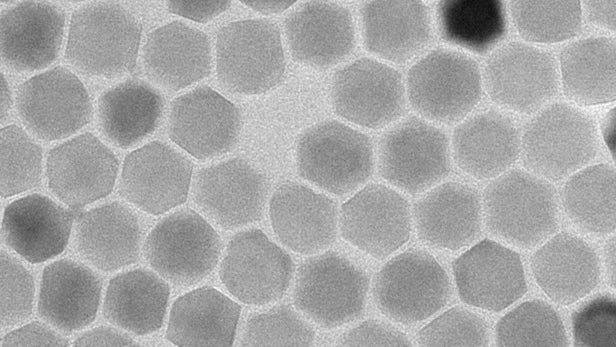
Cancer is one of humanity’s biggest killers, but scientists are coming up with some creative ways to fight back. Researchers at the University at Buffalo have developed new kinds of nanoparticles that can infiltrate, heat up and kill cancer cells more effectively and efficiently than similar methods.
Using nanoparticles to fight cancer has become a growing area of research in recent years. The general concept is to get the particles into tumors, before activating them with radiation to trigger a reaction that destroys the cancer cells without harming healthy tissue. What kind of nanoparticle and radiation are used can vary, as can the type of reaction that’s triggered.
Previous work has killed tumors by activating CeF3 nanoparticles with X-rays to create toxic singlet oxygen, used infrared light to ramp up cancer’s pH balance, used laser pulses to heat up gold nanoparticles, or a combination of several of these.
Humans aren’t the only ones who have harnessed the power of electricity. Some bacteria do this, too, by producing structures that extend from their surface like wires to transfer electrons over distances. Now, scientists at NASA’s Ames Research Center in California’s Silicon Valley are exploring this phenomenon to see if they can make use of these special microbes to perform essential functions on future space missions — from generating electricity to treating wastewater or producing medicines. With an experiment launching to the International Space Station, researchers will see whether the microbes work the same in space as they do on Earth.
To appreciate the rare abilities of the bacterium in question, called Shewanella oneidensis MR-1, you have to know what moving electrons around has to do with life. The transfer of electrons from one molecule to another is essential to all organisms, because it allows for the production of energy they need to survive. One reason that humans depend on oxygen is that this energy-producing chain reaction inside our cells is powered by transferring electrons to molecules of oxygen. The same goes for anything else that breathes oxygen, including Shewanella. But what makes this microorganism special is that it also has a back-up system that kicks in when the environment is low on oxygen. Shewanella keeps calm and carries on producing energy by using metals, like iron and manganese, instead.
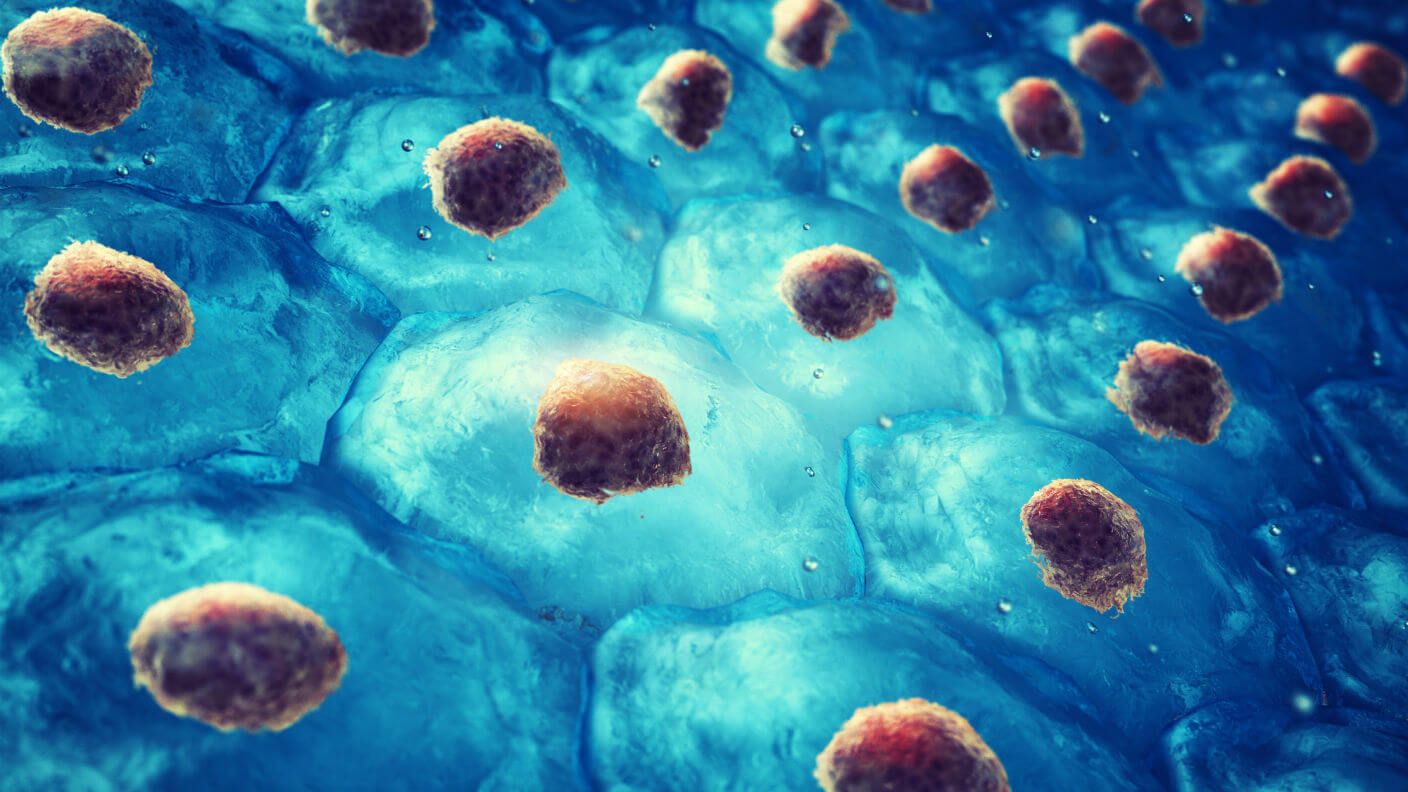
So what’s the catch?
For one, iPSCs can take months to make and the process is expensive. Furthermore, reverting cells back to a stem cell state wipes out their history, which is sometimes useful for studying disease progression.
In essence, iPSCs are the middlemen between one cell type and another. What if we could simply take out the middleman altogether?
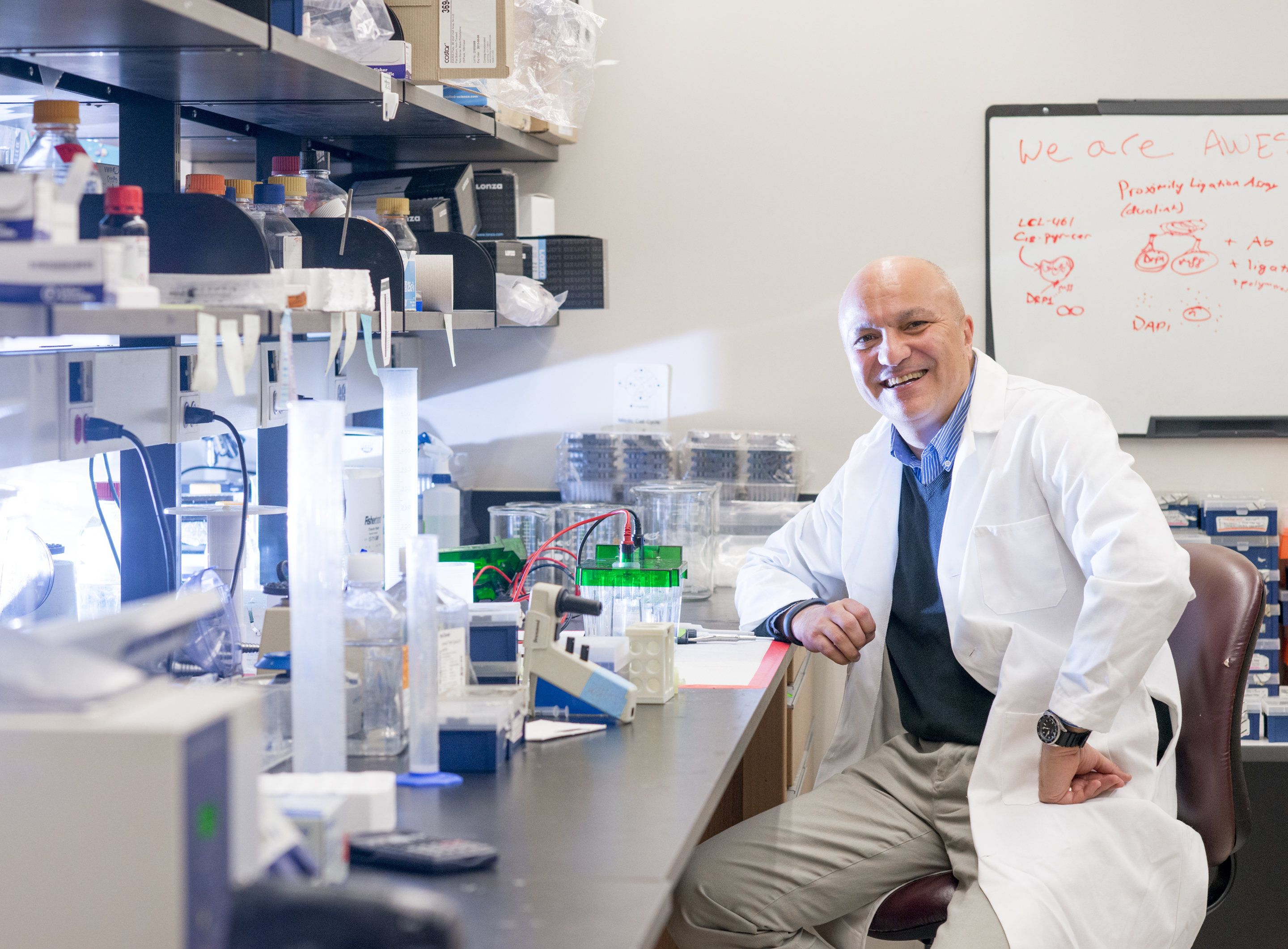
Scientists at Hollings Cancer Center at the Medical University of South Carolina have found that human lung cancer cells resist dying by controlling parts of the aging process, in results published online May 10th in the Journal of Biological Chemistry. The discovery could help us better understand aging and eventually could lead to new treatments for cancer.
Cancer becomes more common as people get older, but scientists are still searching for answers about why this happens. At Hollings Cancer Center, research into the connections between aging and cancer is led by Besim Ogretmen, Ph.D., SmartState Endowed Chair in Lipidomics and Drug Discovery. Ogretmen’s team found that cancer cells have specific ways to resist dying the way normal cells do. They do so by protecting the tips of their chromosomes, which hold our DNA, from age-related damage.
Ogretmen studies how cancer cells are different than normal cells to understand how cancer grows and spreads in the body. His work is part of an $8.9 million program project grant to research how alterations of lipid metabolism affect cancer therapy. The grant is helping fund a clinical trial of an anticancer medicine to inhibit cellular signaling that helps cancer survive. The drug was found to be useful against cancer in the research reported in the group’s new paper.
“I am extremely excited about the research involved in the current Scientific Reports article,” said Joseph I. Shapiro, M.D., senior author and dean of the Joan C. Edwards School of Medicine. “I believe that our team has not only implicated the NAKL discovered by our colleague, Dr. Zijian Xie, in the aging process but identified a novel therapeutic target as well as a specific pharmacological strategy to actually slow the aging process. Although it will be some time before we can test these concepts in human subjects, I am cautiously optimistic that clinical therapeutics will ultimately result.”
The team’s extensive year-long study first focused on aging mice who were given a western diet to stimulate oxidant stress to antagonize the NAKL. The western diet increased the functional and structural evidence for aging; however, the introduction of pNaKtide slowed these changes in the mice. The same results were then replicated when human dermal fibroblasts were exposed to different types of oxidant stress in vitro by stimulating the NAKL, increasing expression of senescence markers, and causing cell injury. With pNaKtide treatment, the researchers demonstrated that the negative attributes associated with aging were significantly dampened.
“Our data clearly suggest that the Na/K-ATPase oxidant amplification loop is intimately involved in the aging process and, if confirmed in human studies, might ultimately serve as a therapeutic target,” said first author Komal Sodhi, M.D., an associate professor of surgery and biomedical sciences at the Joan C. Edwards School of Medicine. “If the pNaKtide can be safely used in humans, it might be possible to study the applicability of that specific agent to the problem of clinical aging.”